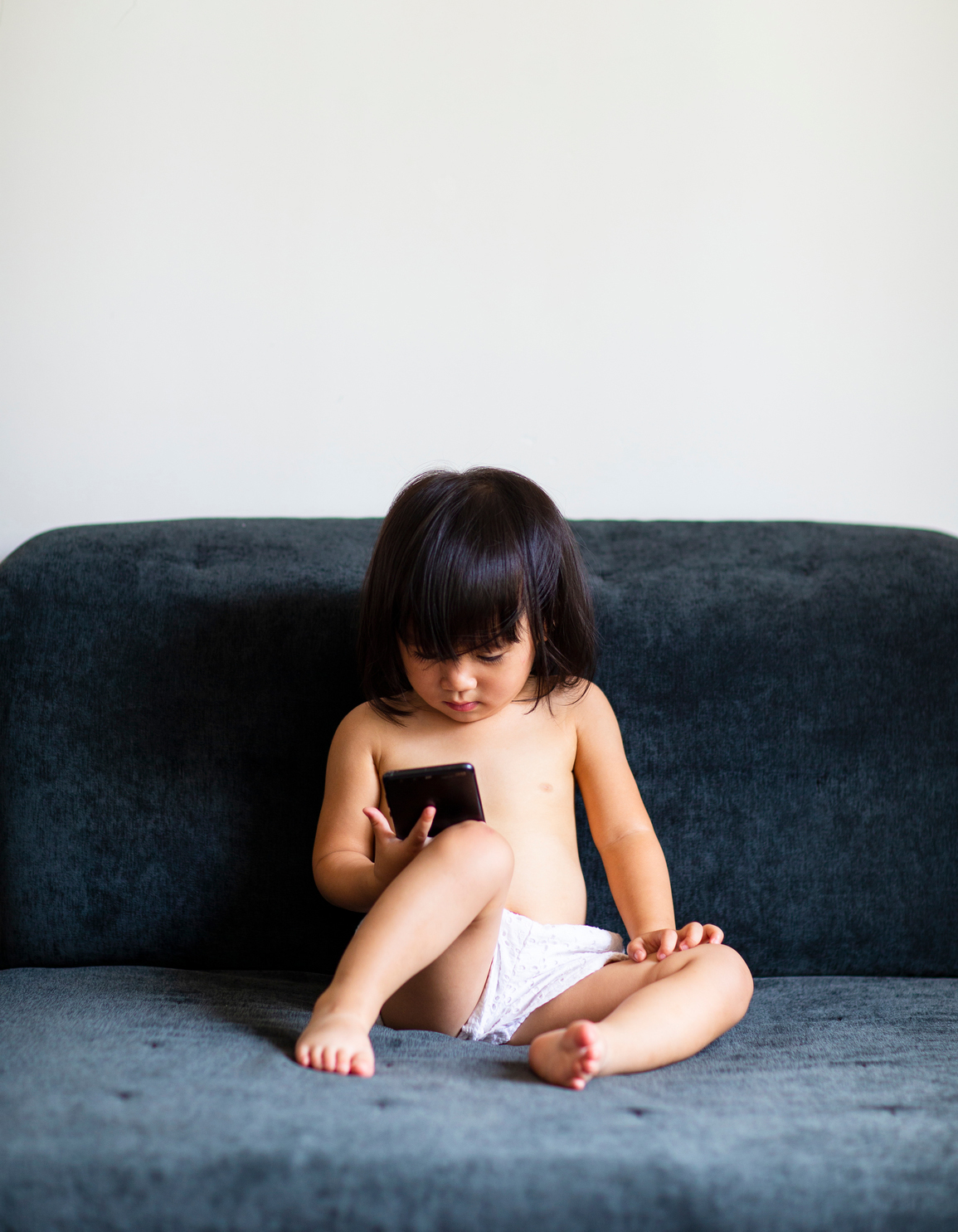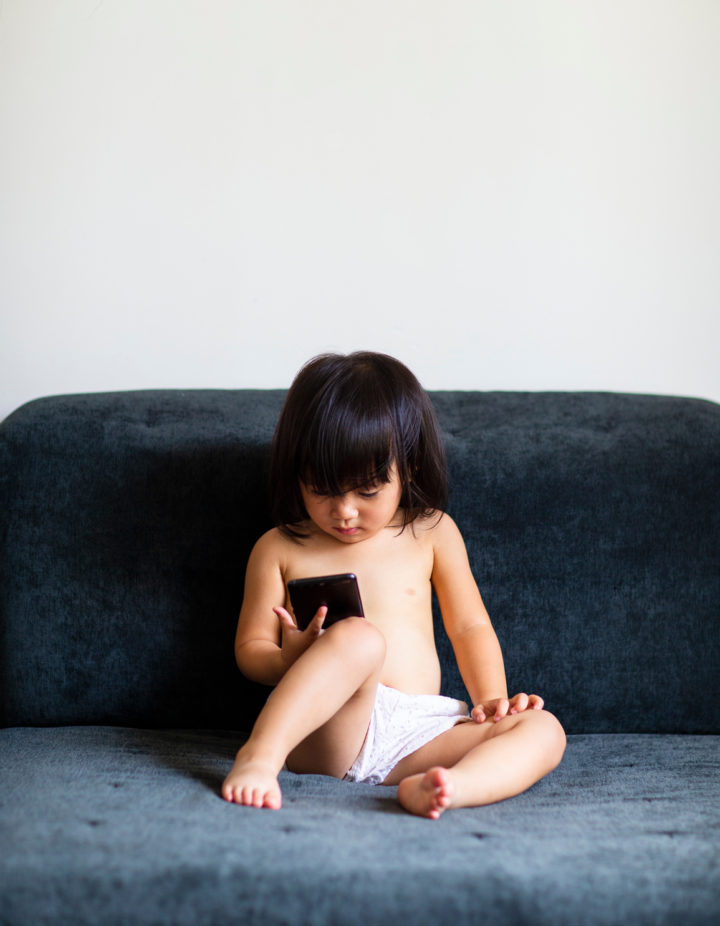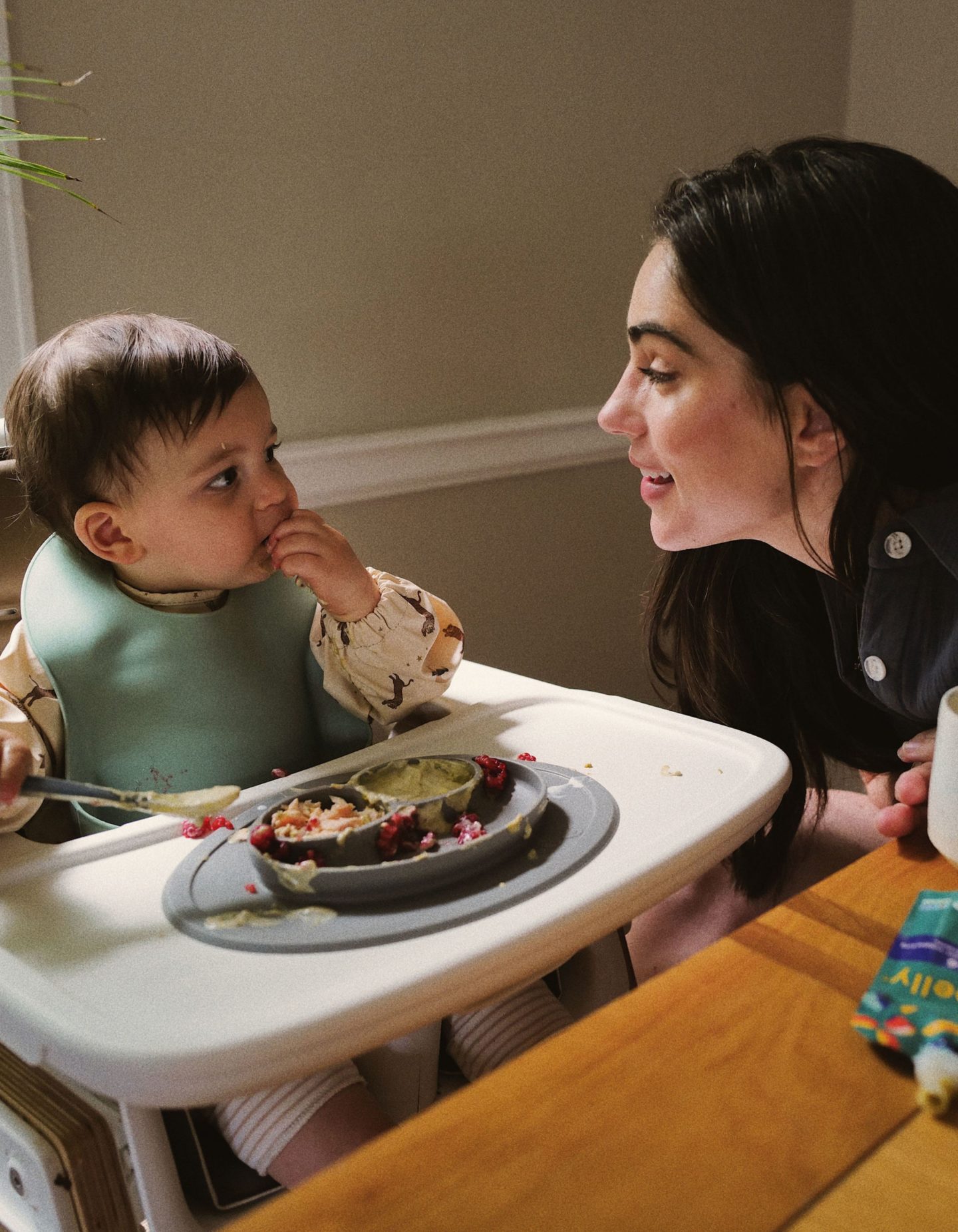As we turn a pandemic corner, the start of this school year seems as good a time as any to rethink your family’s screen time guidelines. And it’s something I spent the last few years researching and contemplating, for a book that I wrote to get a handle on my own family’s reliance on tech, and to better understand how it was affecting my two young daughters. A lot has been written about the effect of technology on older children—on teenagers who turn to Fortnite for socialization, on tweens who’ll never know a world in which their every move isn’t documented and publicized online. Far less has been written about the effect of technology on our very youngest, and after my time interviewing developmental psychologists, pediatricians, neurologists, app developers, and other experts, I’ve come away with important, science-backed takeaways that should serve you well as you dust off your backpacks and lunchboxes.
“Smart toys” are actually dumb.
Bluetooth-enabled stuffed animals. Robot dogs. Electronic writing pads. The market is full of “smart toys” that claim to be more enriching, or more entertaining, than boring old analog toys. But what you want for young children are passive toys—ones that require them to do the work. Tickle-Me-Elmo does the laughing for you. A regular plush Elmo doll requires that you make him laugh and hop around. When I told Nancy Carlsson-Paige, a lauded developmental psychologist, that many people find it increasingly difficult to give their children a calm, tech-free space to play, she gave me a gentle slap on the wrist. “I was a single mom from the time my kids were two and five, and did not have money at all through their childhood years,” she told me. “They had a completely thriving environment, because it doesn’t take much….some aluminum foil, some boxes, some markers.” The two-year-old she was talking about: Matt Damon. So if you’re aiming for an Academy Award-winning Harvard scholar, opt for Reynolds Wrap, not an AI bilingual smart robot.
If you’re going to stick your kid in front of programming, try to watch it on a TV.
Yes, television gets a bad rep, and not without merit: even if it’s on in the background, seemingly innocuously, studies have shown that verbal interactions—an indicator of future success—plummet and that children’s play is less engaged and imaginative. But when it comes to tablets and smart phones, “kids create a walled-off space,” Dr. Jenny Radesky, one of the lead authors of the 2016 AAP digital media guidelines for young children, told me. And this directly combats the best developmental tool you can deploy with your preschooler: serve-and-return interactions. It’s a pediatric term of art that boils down to, essentially, having a conversation with your child. If they’re sucked into a small screen, and you’re not allowed to access that screen, you won’t be able to pop in every now and then during your child’s gazillionth showing of Frozen and strike up a conversation about, say, the drawbacks of being able to turn the entire world to ice. But if you can’t engage with your child, or penetrate his screen of choice, try to ensure that what is taking place on-screen is doing so at a real-world pace (which is why Mr. Rogers and Sesame Street both get a stamp of approval from many developmental psychologists), and that quick cuts are minimal. You want your child to be able to transition back into the real world afterwards, without being as jangled as Doc Brown after the clock scene in Back to the Future.
No, “educational apps” are not actually educational for preschoolers.
Why not? Kids under the age of five can’t translate what they learn from a screen into the real world, at least without help from someone else. It’s something called “transfer deficit,” which is what happens when developing minds attempt to master a skill on screen, and then move that 2D skill into the 3D world. Preschoolers who can sort shapes on an app won’t be able to do so, reliably, when plopped in front of actual blocks. “There’s this miscommunication that you have to interact around a book but that around newer media, children will just pick it up,” Dr. Rachel Barr, the director of the Early Learning Project lab at Georgetown University, told me. “But joint engagement is needed for all media.” So, until your child is about five years old, get over the idea that he or she can learn, solo, from a tablet. Yes, there are apps that are better than others—opt for slower-moving ones, with less frenetic colors, and ensure that chubby toddler fingers can manipulate the apps successfully—but don’t think that you’re going to get Baby Einstein without putting the work in alongside Baby Albert.
An E-Book will never be better than a regular old analog book.
“If I was going to approach some cutting-edge tech people and say, Create an app that is going to stimulate a young child’s cognitive development, fine motor skills, and emotional development, they’d make me a book,” Dr. Barry Zuckerman told me. He’s a pediatrician and founder of Reach Out and Read, a program in which participating pediatricians give children books at each pediatric visit and encourage parents to read. All those bells and whistles in ebooks—the “read-to-me” feature, the word highlighting, the quizzes sprinkled throughout—only serve to distract your preschooler, who won’t be able to read until five, four at the earliest, due to their brain development. The AAP encourages reading aloud from birth, which can seem a little silly when your child seems more burrito than human, but the point is: starting early lays the foundation for your child to grow to love reading, to associate it with quiet, warm, safe time in Daddy’s lap. There is little proven to benefit a child more, developmentally, than reading and fostering a love of words.
Sophie Brickman is the author of Baby, Unplugged (HarperOne, Sept. 7, 2021), which explores the effect of technology on children, and their parents.




